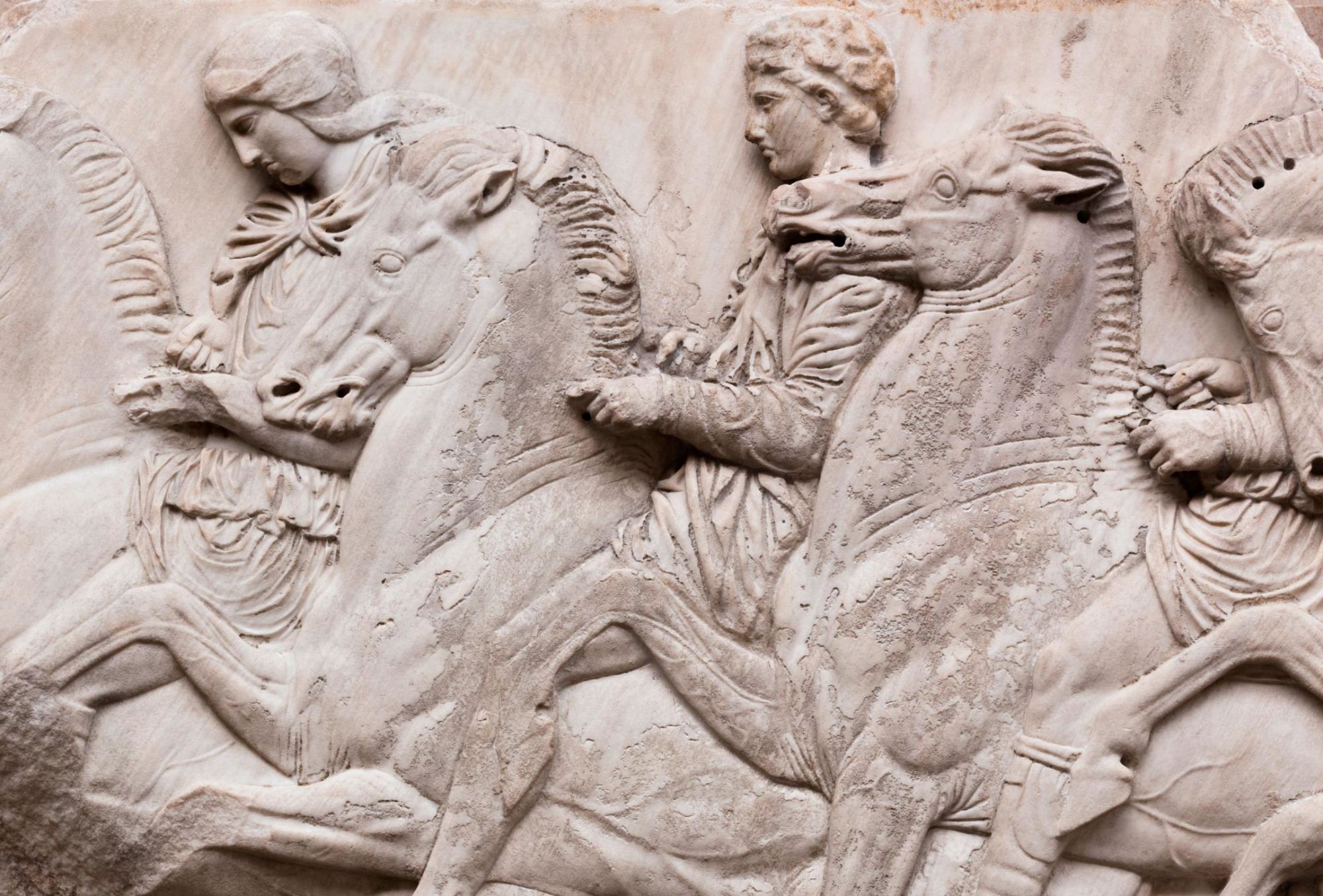Editor’s Note: Geoffrey Robertson QC is a human rights barrister, academic, broadcaster and the author of “Who Owns History? Elgin’s Loot and the Case for Returning Plundered Treasure.” The opinions in this article belong to the author.
This article was originally published in January 2020.
Western museums are beset with demands to give back stolen property – the cultural heritage of oppressed people plundered by colonial armies in the 19th century or taken unfairly by grasping missionaries or egregious ambassadors.
No less than 90% of African cultural property resides in European museums, according to a report commissioned by French President Emmanuel Macron, who has decided that much of it must be returned. However, the British Museum has refused to give back to Greece the half of the Parthenon Marbles stolen by Lord Elgin.
In law, a thief is not allowed to keep his or her ill-gotten gains, no matter how long ago they were taken, or how much he or she may have improved them. In the past, a lot of cultural property was wrongfully extracted from places that are now independent states. They want the loot sent back to where it was created and to the people for whom it has most meaning.
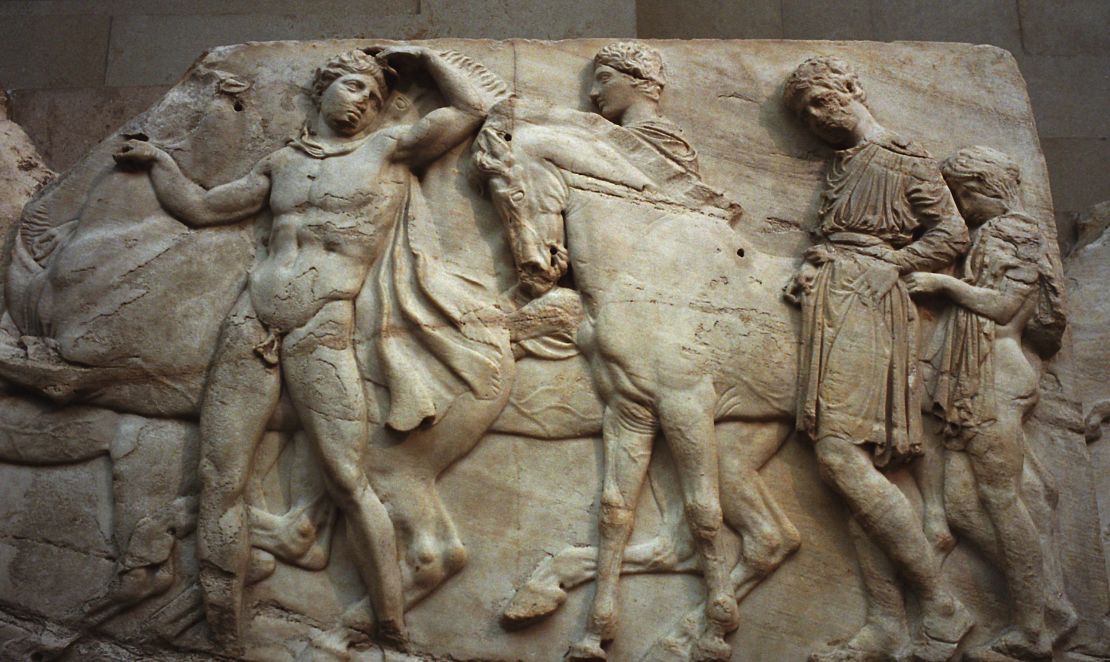
Mighty museums such as the Metropolitan in New York, the Getty, the Louvre, the British Museum and the Humboldt Forum in Berlin have locked up the precious legacy of other lands taken in wars of aggression or by theft or duplicity. They have refused demands to return them although many were taken by colonial armies in the course of what would now be regarded as crimes against humanity. They argue that they are entitled to keep “the spoils of war” – although that doctrine is now rejected by international law – or else rely on that school playground philosophy of “finders’ keepers” no matter how unconscionable the finding.
Elgin never even offered to pay for the marbles because he knew the Ottomans (in occupation of Athens at the time) would never sell, so he lavishly bribed local officials to turn a blind eye while his workmen ripped the statues off the temple walls. Now, the British Museum falsely claims that Elgin acted lawfully and refuses to allow the two halves of this greatest extant wonder of the ancient world to be reunited in the new Acropolis Museum, the place where it can best be appreciated.
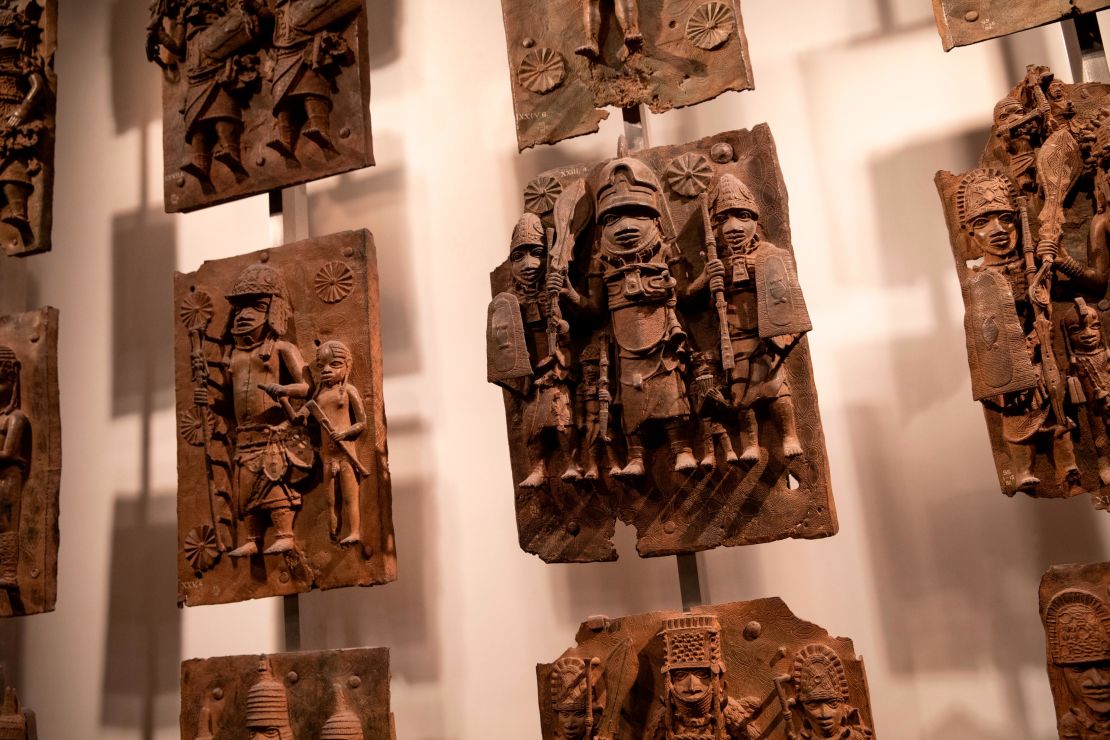
In 2017, President Macron declared that “African cultural heritage can no longer remain a prisoner of European museums.” He is sending back to Nigeria some of the Benin Bronzes, bought by the French after they were seized in a barbaric “punishment raid” by the British army in 1897. The British Museum holds many more but its trustees refuse even to discuss returning this evidence of an advanced 16th century African civilization.
London’s Victoria & Albert Museum is just as bad: It recently exhibited some of the plunder from the Battle of Magdala, the conclusion of the British Army’s 1868 expedition to Abyssinia, including the gold crown of its still-venerated Christian king. This invasion amounted to a crime of aggression but the display merely noted that it was “controversial.” British curators seem grateful for colonial atrocities that brought back treasures to Britain. They display them with euphemistic labels and avoid critical accounts of the manner in which they were seized.
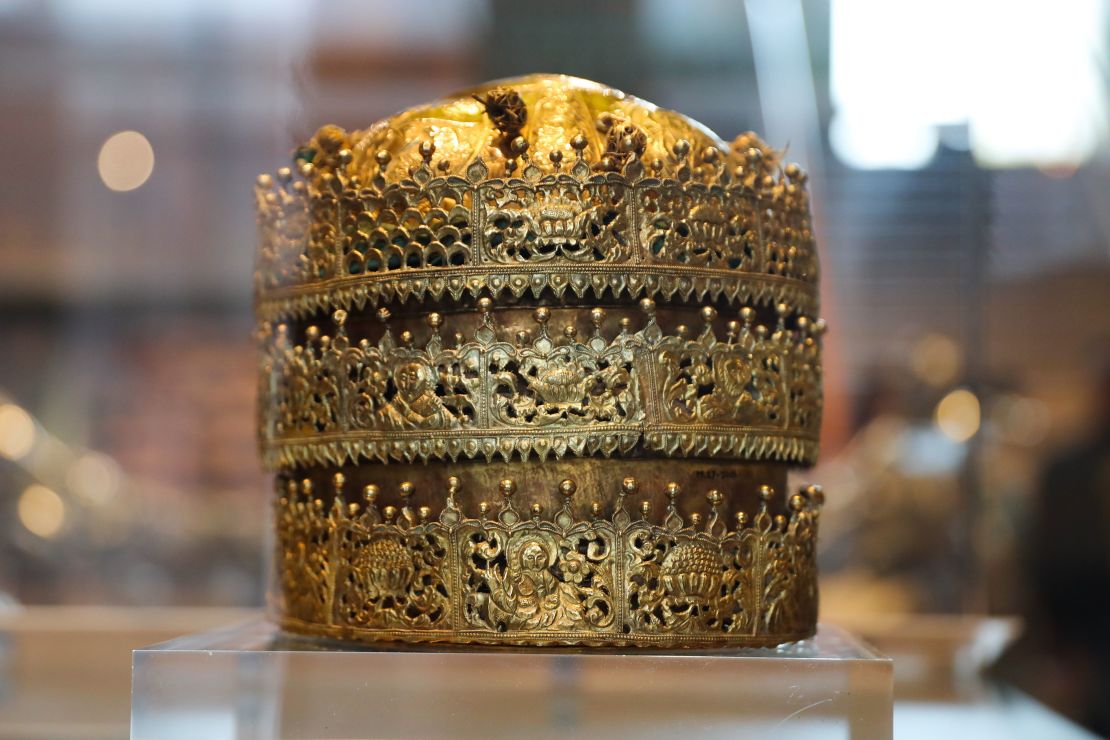
Countries that have been conquered or colonized in the past are now determined to reclaim their treasures and President Macron’s declaration has been hailed as providing “justice at last” to the victims of the colonial plundering. The principle that wrongfully acquired property should be returned has been recognized by courts in England, Ireland and the US which have ruled that nation states have “sovereignty” over items that constitute “keys to their heritage.” Human rights treaties support these claims by endorsing a “right to culture” while a UN Declaration on the Rights of Indigenous People entitles them to return of property “taken without their free, prior and informed consent.” The laws of most advanced countries require that art seized by the Nazis should be returned – why not cultural property stolen at the same time by the Japanese army from many Asian countries, or the plunder of colonial armies?
There must, of course, be exceptions. Preservation of priceless antiquities is essential, and it would not be right to return them to countries plagued by civil war or to museums where they will be in danger, whether from corrupt curators or lack of air conditioning. The right to restitution should also be denied to states that will use them to propagate false history or which trample on the rights of the very people in the name of whose culture they demand restitution.
An international convention will be needed to make these distinctions, or at least an agreed set of ethical rules for museums to decide on restitution claims. They need not apply to all antiquities, but only to those of significance either because they are “keys to the history” of a nation, or have a religious or spiritual connection to a past that remains relevant today.
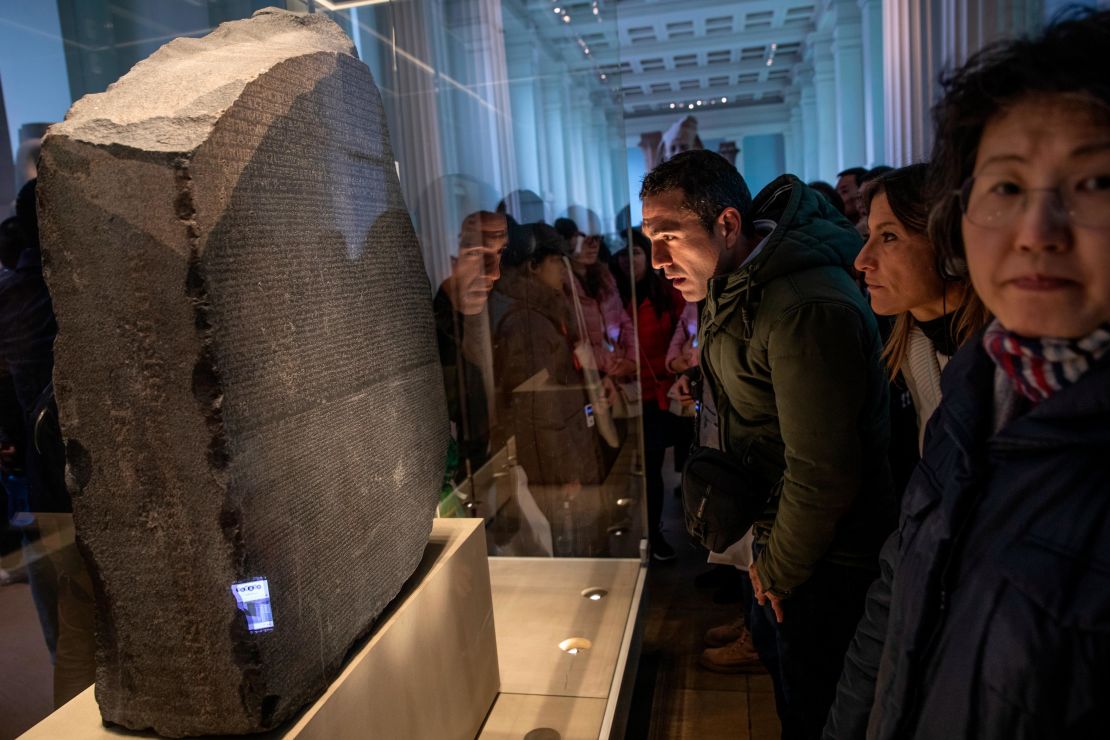
For items of universal importance, such as the Elgin Marbles or the Rosetta Stone, the question should turn on where they can best be studied and appreciated – the former, obviously, in the new Acropolis Museum that is dedicated to telling their story, but the latter should stay in the British Museum where it was deciphered and remains the most popular exhibit.
The issue is complicated by colonial “finders’ keepers” laws in Britain and other European countries which prevent national museums from parting with their possessions, even if stolen or obtained by force of arms. These will need amendments to give museum trustees a discretion to return and trustees themselves will have to change.
At present in Britain they are mostly multimillionaire corporate figures appointed by the government – if elected by museum members, they might be better disposed to the moral case for returning plundered treasure.
“Who Owns History? Elgin’s Loot and the Case for Returning Plundered Treasure,” published by Biteback Publishing, is available now.
